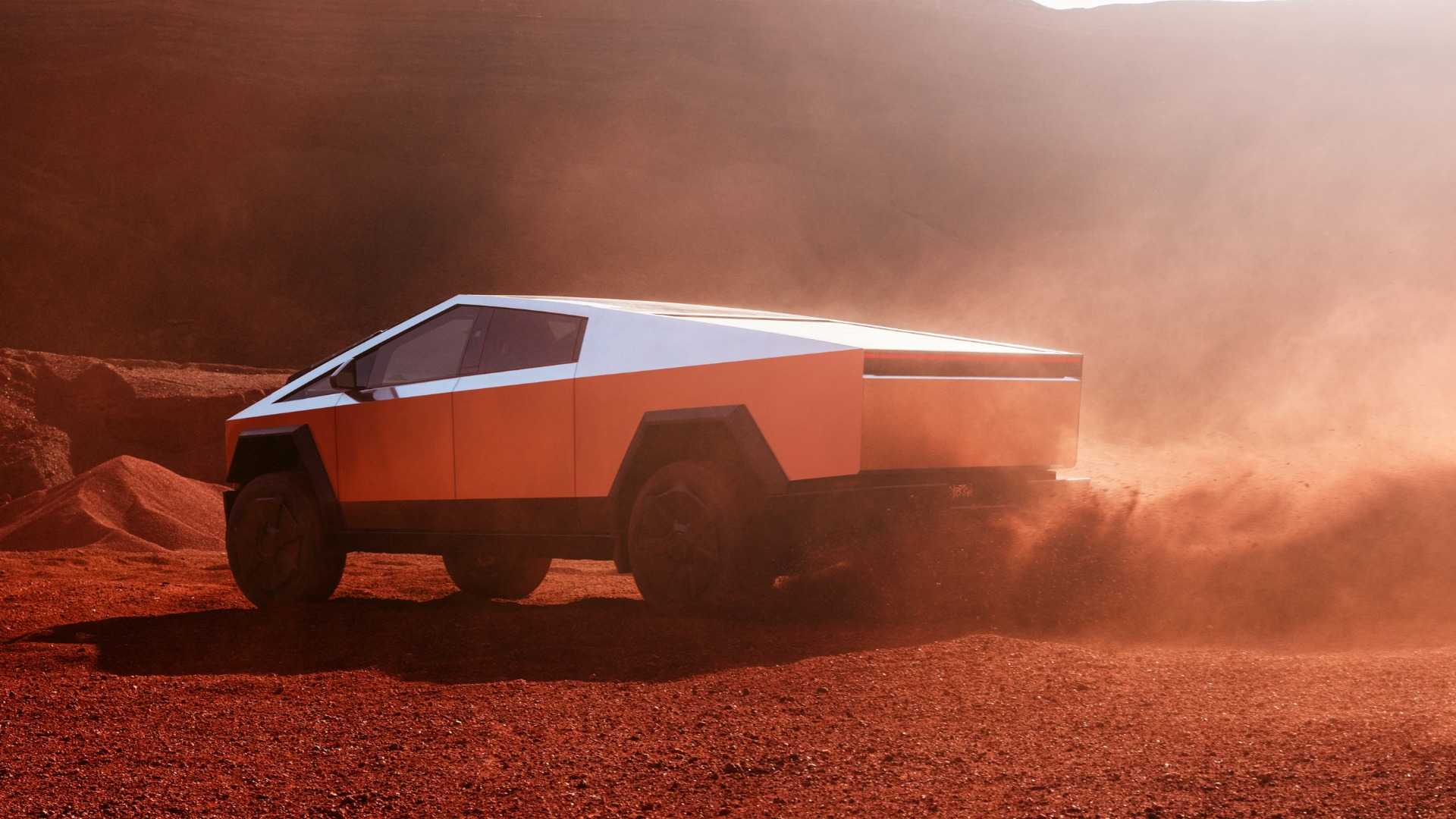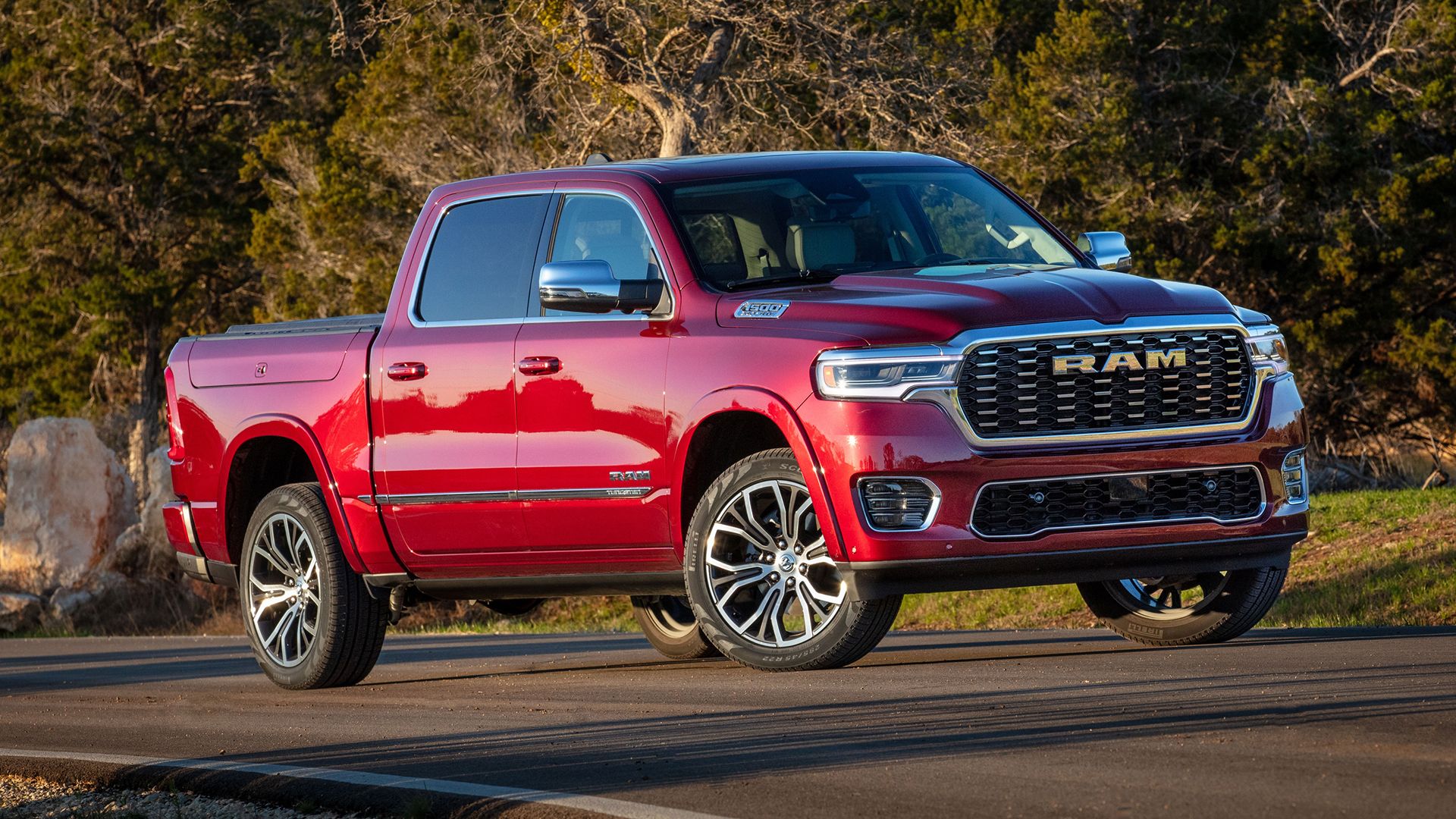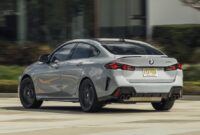For years, large pickup trucks and SUVs have been dominant in the U.S. automotive industry due to consumers seeking maximum utility and performance. The improvements in fuel efficiency have also made purchasing these larger models more financially feasible. This trend has prompted major American car manufacturers such as Ford and General Motors—with brands like Chevrolet and Buick—to largely discontinue hatchbacks and sedans from their offerings. However, with increasing costs of typical vehicles and advancements in hybrid and electric powertrain technologies, many shoppers are becoming less enthusiastic about buying oversized automobiles.
F-150
in preference for smaller crossovers and sedans once more.
The Survey Indicates That The Need for Large Vehicles Is Expected to Decline
Surveys carried out by the Dave Cantin Group suggest that we might be reaching the pinnacle of truck popularity in the U.S. market. It appears quite probable that the demand for bigger vehicles could start declining soon, and this prediction was made prior to the
new U.S. tariff policies
came into force. Upon examining body style preferences, we found that SUV interest had decreased by 1% compared to the previous year, truck interest dropped by 2%, and crossover appeal also fell by 2%. However, there was an increase of 1% in both hatchback and sports car interests, while sedan popularity surged by 3%.
According to the research team, affordability is the primary reason for the reduced enthusiasm towards larger vehicle models. Their January publication states: “The decrease in demand for trucks seems widespread across different income levels; however, individuals earning between $75k and $100k appear to be shifting away from SUVs toward sedans due to tighter budgets. Buyers anticipate increasing their car expenditure by around 8% this year.” In connection with this final point, the document implies that these expectations might lead consumers to opt for a more budget-friendly choice rather than bearing the higher costs associated with pricier, larger models.

Remember that this information pertains solely to consumer interests and does not mirror the actual market performance observed currently. If we examine the genuine sales figures for trucks this year, excluding those of Ram, most models show an improvement compared to last year. Nonetheless, it’s evident from these sales statistics that manufacturers are experiencing a more pronounced rise in demand for compact trucks, indicating a swift escalation in customer preference towards them.
Salespeople Will Have To Adjust To Meet Customer Preferences
” Peak Truck is a crucial concept to monitor since we’re uncertain about the extent of this trend. However, our belief is that as long as current economic conditions persist or worsen, along with increased uncertainties, consumers will likely become even more practical when choosing which vehicles to buy,” explained Brian Gordon, president of DCG.
The interest and sales for hybrid vehicles have significantly increased, thanks to more budget-friendly HEVs now available, providing enhanced fuel efficiency. According to the research group, “the resilience of both BEV and HEV demand cannot be questioned.” The study also suggests that declining vehicle sale prices compared to Manufacturer Suggested Retail Price (MSRP) indicate a softer consumer spending climate. Dealerships may need to adjust their stock strategies accordingly—by focusing more on cheaper, compact models rather than stocking up primarily on pickup trucks and large SUVs. We should keep an eye out for fresh insights provided by DCG which could offer clearer perspectives on how consumers feel after recent trade policies took effect.
Source:
Dave Cantin Group
;
Motor1




